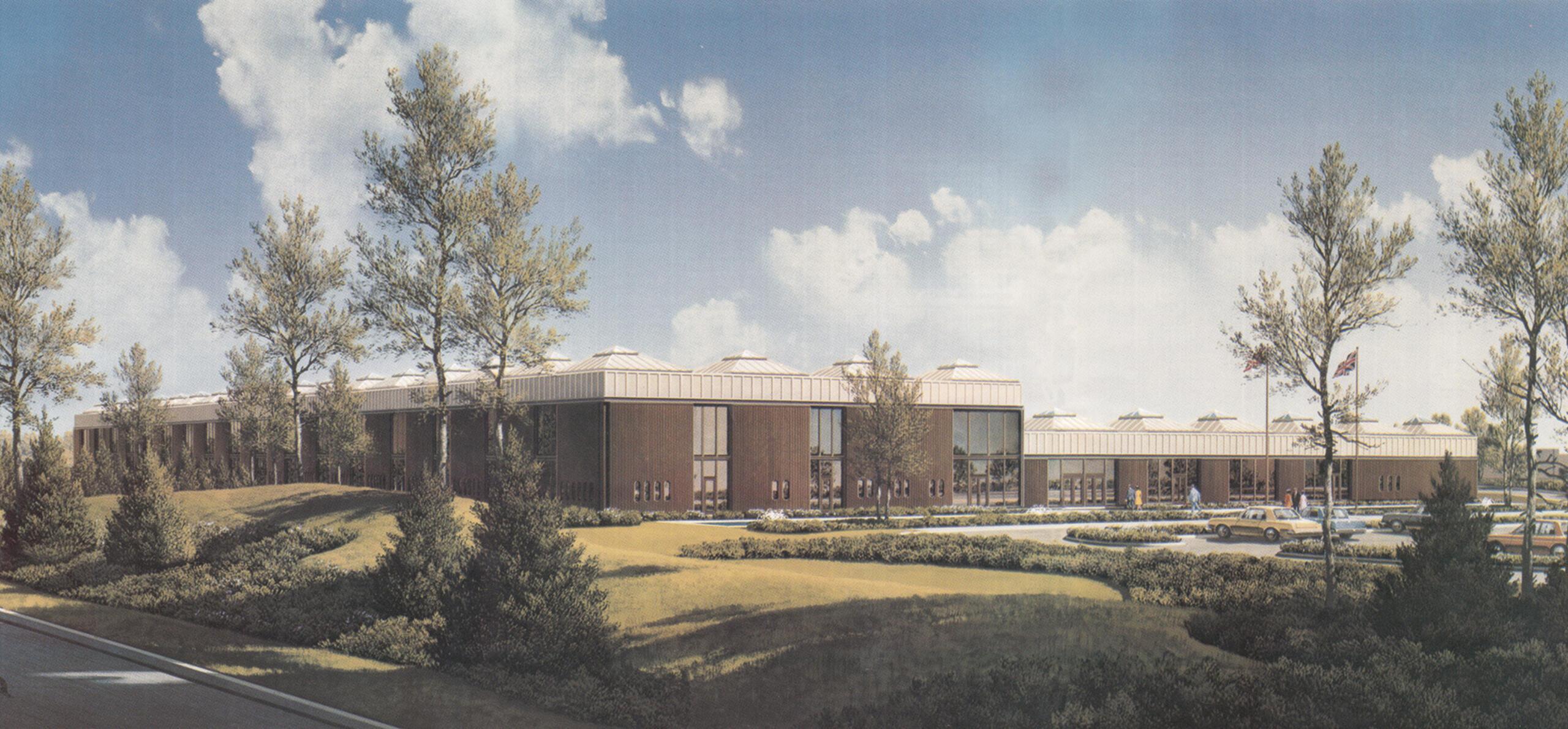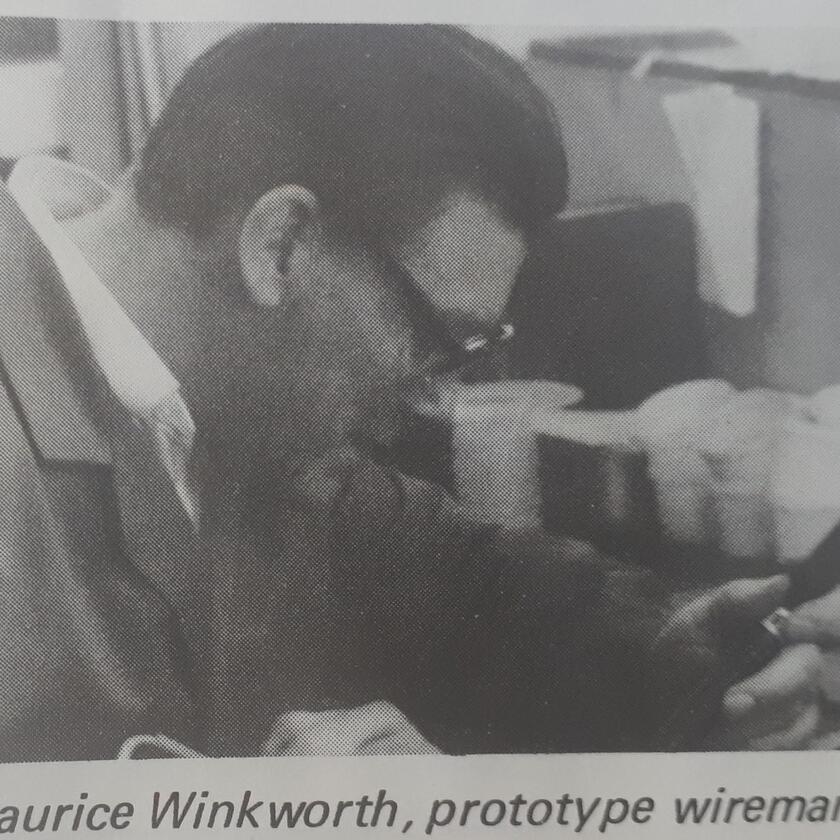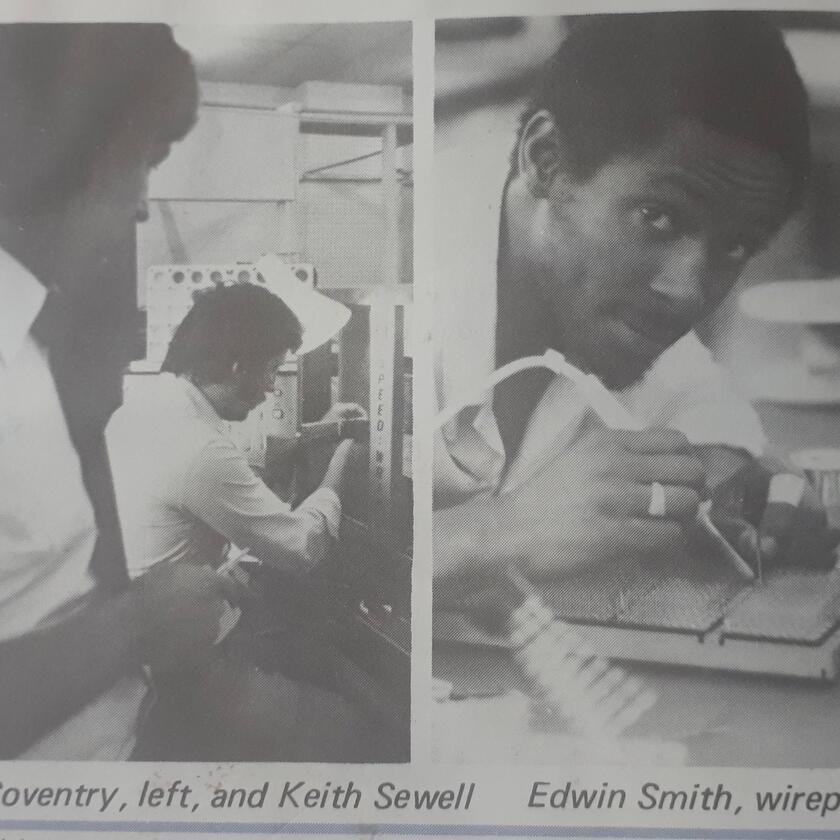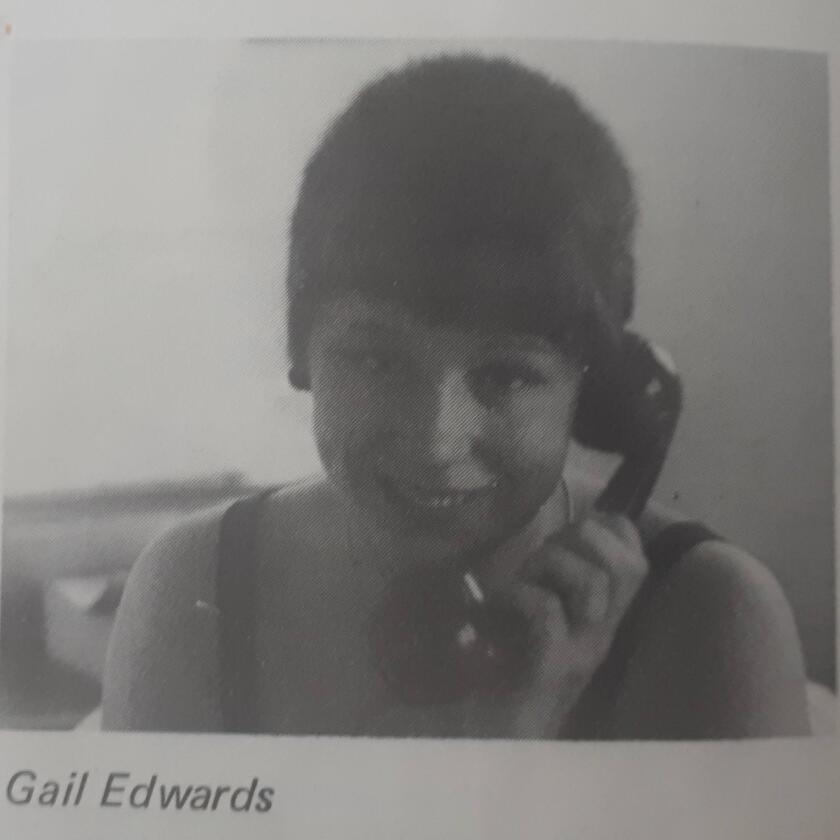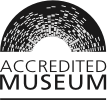Young and upwardly mobile: Computing Careers That Defined an Era
Young, pioneering and changing the world: three elements that drew many to want to work for Digital Equipment - but competition was intense.
DEC’s management culture prioritised engineering excellence and individual responsibility – a mix resulting in products that established the DEC brand and turned Digital into the world’s second largest computer company – just behind IBM. Rapid growth fuelled an insatiable demand both for new recruits at all levels.
DEC customers were a rich source of recruits. One such was Richard Briggs at the Civil Aviation Authority who was bitten by the DEC bug after using its PDP minicomputers through work. He decided he wanted to join DEC for a faster and more exciting career. Richard’s application was turned down several times but he didn’t give up and persistence eventually paid off, landing a job as a software maintainability engineer.
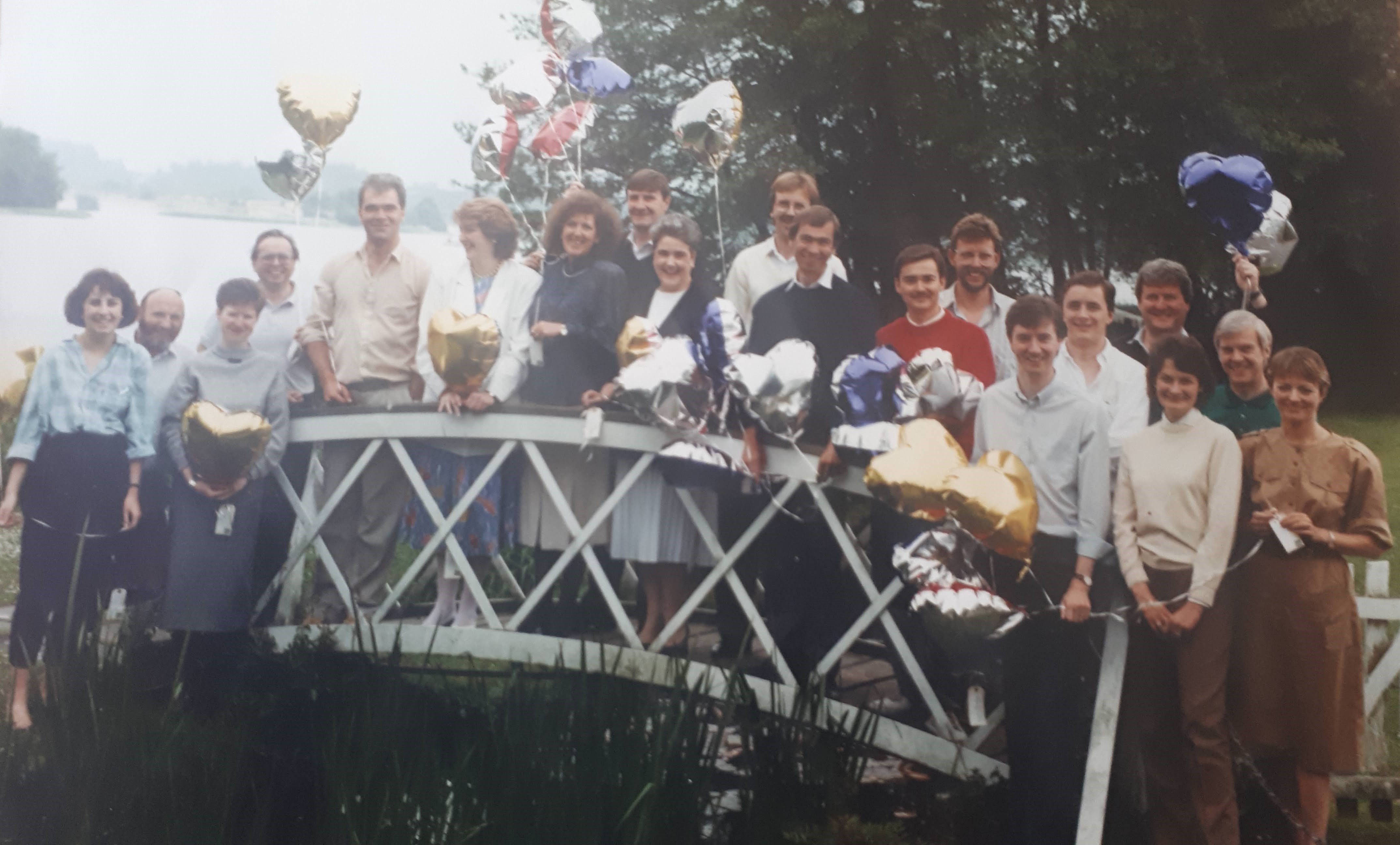
DEC staff photo
DEC was ‘the’ company to work for even though many, including me, took a pay cut to join. I've often said… it was like getting a job today with Google, Apple or Microsoft.
- Richard Briggs
Landing the Dream Job at Digital
Universities and technical colleges were fertile recruiting grounds, too. Ken Salmon, who graduated in computer science at the University of Essex, says he beat intense competition to land a job when DEC executives came recruiting.
Ken calls Essex a 'captive Digital site' – its students and staff used lots of DEC computers, meaning they had plenty of valuable experience using DEC technology to take into the workplace. “You had to queue to get an interview with Digital,” says Ken who joined DEC’s Computer Special Systems Group (CSSG) as an engineer adapting DEC computers for customers.
Click on the images below to enlarge them.
Digital had the first choice of who it wanted to interview. I think just about everybody at Essex had applied but only a fraction got interviewed. There was a lot of banter about who would get jobs at Digital – I was one of the lucky ones.
- Ken Salmon
A Workplace Like No Other
DEC’s engineering culture gave people like Ken and Richard a natural home but technology alone wasn’t the only draw. DEC was a young company with a comparatively youthful workforce and for many who joined from DEC customers such as the Civil Service, the workplace culture wasn’t like anything they had experienced before.
A company ethos of openness, collaboration and informality translated into its architect-designed head office at DEC Park in Reading. DEC Park contained open-plan offices, shared spaces and a communal canteen. Managers mixed with staff and business people with engineers.
The work was exciting: putting the first computers on Royal Navy ships and submarines; switching Lloyds of London from manual to digital processing for millions of policies; or redefining major utilities’ operations around DEC computers and software to make them more efficient.
Everybody saw working for Digital as hugely enjoyable - and financially rewarding, too. There was a lot of overtime on offer and service engineers were working 60-70 hour weeks… I knew several DEC engineers who retired at 50.
- Gavin Robinson
It was a work-hard environment with fantastic rewards: company cars, salaries that helped people become homeowners, and rewards for achievement that included funded weekends away.
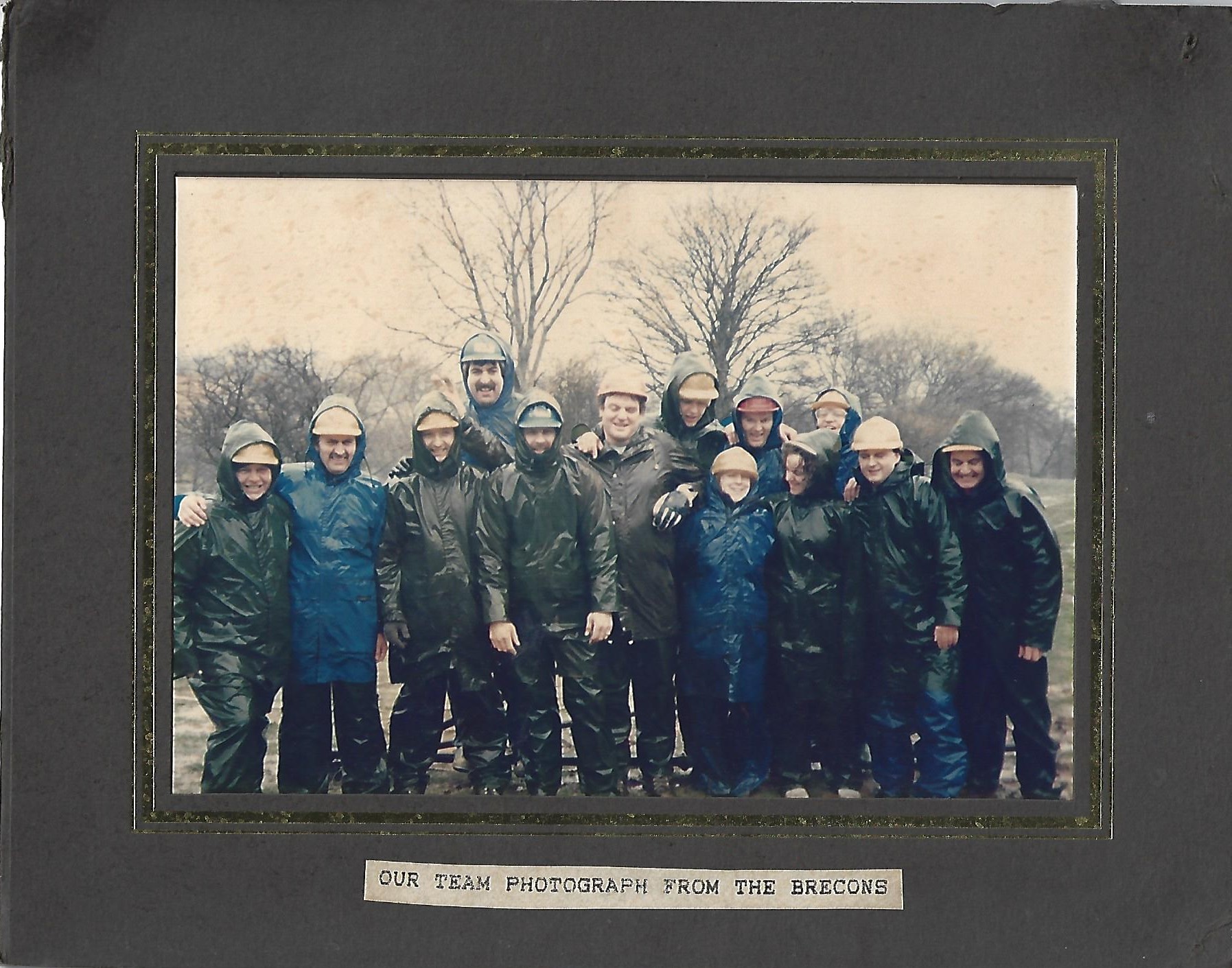
DEC employees on a team visit to the Brecons
Return to the Reading's Digital Revolution homepage or explore the next section: Digital Internet Impact
